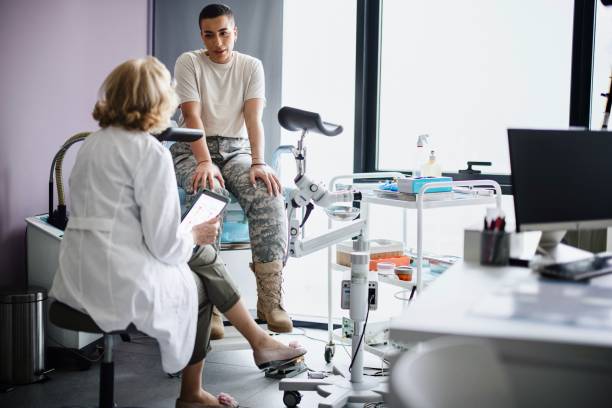Hysteroscopy
Schedule hours
Monday - Sunday
10:00Am - 8:00Pm
Contact Us
Book your IVF consultation today with our trusted fertility experts.

Hysteroscopy is a minimally invasive procedure used to examine the inside of the uterus, helping diagnose and treat common fertility issues like fibroids, polyps, adhesions, and uterine abnormalities. It plays a crucial role in identifying conditions that may interfere with implantation or cause recurrent miscarriage.
Whether you’re facing unexplained infertility, abnormal bleeding, or repeated IVF failure, hysteroscopy offers a clear and precise view of the uterine cavity. With early detection and targeted treatment, it improves the chances of successful pregnancy—bringing you one step closer to your dream of parenthood.
Seeing Clearly, Treating Precisely
Hysteroscopy is not just a diagnostic tool — it’s a gateway to understanding and resolving hidden uterine issues that may impact fertility. With expert care and advanced techniques, we use hysteroscopy to uncover obstacles and create personalized solutions. Together, we turn uncertainty into clarity, and bring you closer to achieving your dream of a family.

Advanced Uterine Care, Always Within Reach
With specialized centers across the region, we ensure that expert hysteroscopy services are easily accessible. Our team is dedicated to delivering compassionate, high-quality care to every couple, supporting them at every stage of their fertility journey.
Frequently Asked Question
Hysteroscopy helps identify and treat issues inside the uterus that may prevent implantation or cause miscarriage, such as fibroids, adhesions, or polyps — improving the chances of conception.
The procedure is usually done under mild anesthesia or sedation. Some women may feel mild cramping afterward, similar to menstrual cramps, but discomfort is generally short-lived.
A diagnostic hysteroscopy typically takes 10–20 minutes. If treatment is needed (like removing fibroids or adhesions), it may take slightly longer.
Most women can go home the same day and return to daily activities within 24–48 hours. Some may experience light bleeding or cramping for a day or two.
Hysteroscopy is very safe, but in rare cases, it may cause infection, uterine injury, or bleeding. These risks are minimal when performed by trained specialists.
